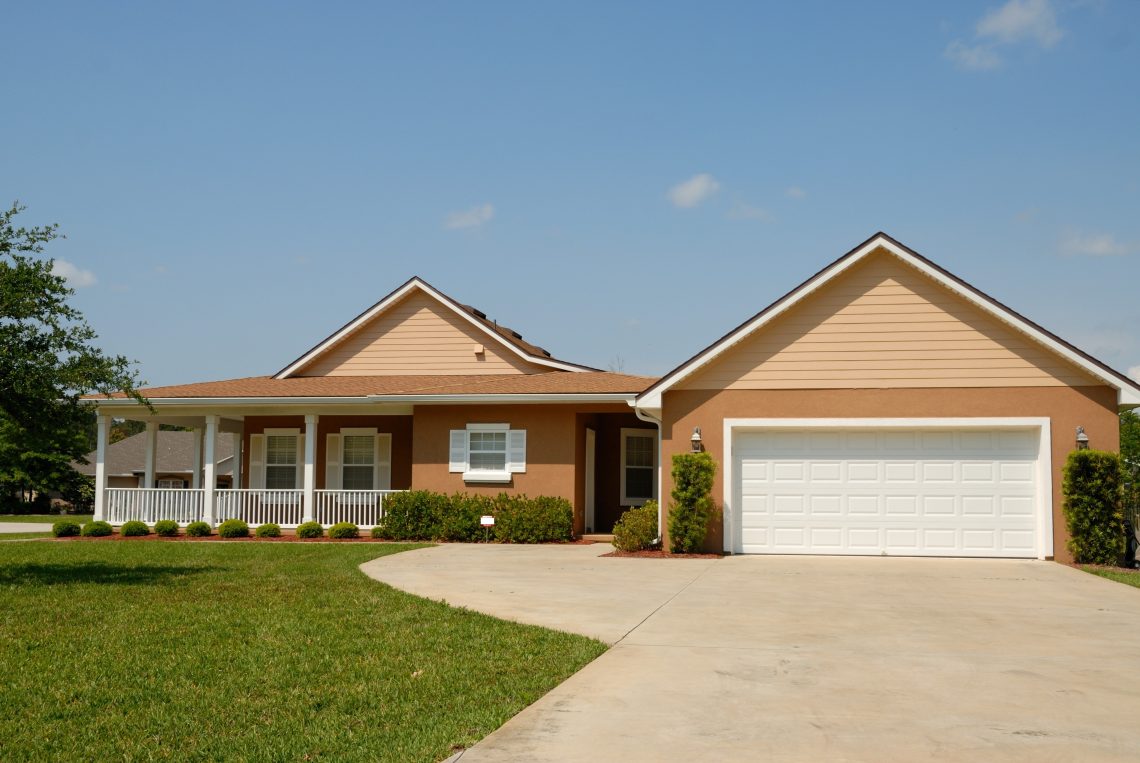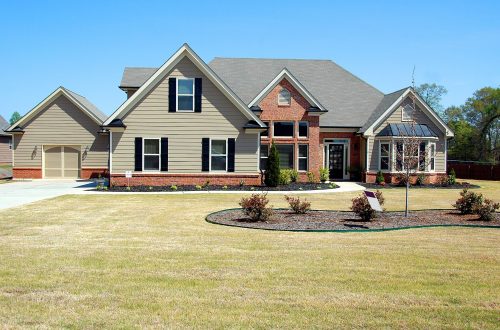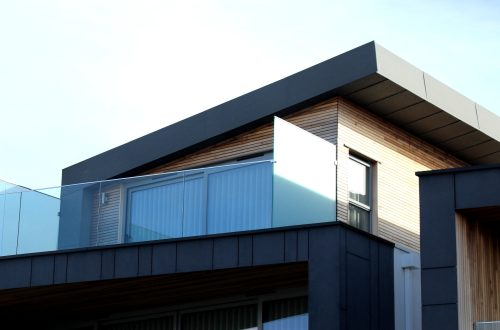
5 things that homeowners insurance does not cover
Homeowners insurance is a crucial safeguard, offering financial protection from a variety of potential threats to your home. However, while these policies generally cover risks like fire, theft, and some natural disasters, there are certain limitations. Some perils and damages aren’t included in standard homeowners insurance, leaving homeowners vulnerable if they don’t recognize these gaps. Here are five key things that homeowners insurance typically does not cover. Understanding these exclusions can help you make better decisions about protecting your property.
Flood Damage
Flood damage is one of the most significant exclusions in most homeowners insurance policies. While damage from internal water issues, such as a broken pipe, is usually covered, external flooding due to natural causes like heavy rain, overflowing rivers, or storm surges is not. To cover flood-related risks, homeowners must purchase a separate flood insurance policy, either through a private insurer or the National Flood Insurance Program (NFIP). Considering the rising frequency and intensity of floods in many regions, assessing your area’s flood risk and obtaining flood insurance is essential.
Earthquake Damage
Earthquake damage, much like flood damage, is not part of standard homeowners insurance. Earthquakes can cause severe structural damage, including cracks in foundations and even total collapse of homes. To be covered against these risks, homeowners need a separate earthquake insurance policy or an add-on to their current coverage. This is especially critical in earthquake-prone areas such as California or the Pacific Northwest. Without this additional insurance, homeowners face significant financial exposure if an earthquake occurs.
Wear and Tear or Neglect
Homeowners insurance is intended to cover sudden, unexpected damages, not gradual wear and tear or damage resulting from neglect. For example, if your roof deteriorates over time due to age or a lack of maintenance, your insurance won’t cover the repair or replacement. The same rule applies to plumbing, electrical systems, and other critical home components. Regular maintenance and upkeep are the homeowner’s responsibility. Neglecting necessary repairs can lead to damage that insurance will not cover, making proactive care essential for preserving your home’s condition.
Mold Damage
Mold can be a costly and difficult issue for homeowners, but insurance coverage for mold is often limited. If mold develops as a result of a covered event, like water damage from a burst pipe, your insurance may pay for mold removal and repairs. However, if mold arises from ongoing moisture issues, poor ventilation, or ignored leaks, it typically won’t be covered. Since mold remediation can be expensive, homeowners should focus on prevention, such as controlling humidity levels and fixing leaks immediately to avoid costly out-of-pocket expenses.
High-Value Personal Items
While homeowners insurance provides coverage for personal belongings, there are often caps on high-value items like jewelry, art, and collectibles. For instance, if your policy has a $1,500 limit for jewelry but your item is worth $5,000, you’ll only receive the policy limit if it’s stolen or damaged. To ensure adequate coverage for valuable possessions, homeowners should consider purchasing additional coverage, known as endorsements or riders, which allow for full coverage based on the appraised value of specific items.
Contact Us
Though homeowners insurance is a vital form of protection, understanding its limitations is key. Floods, earthquakes, gradual wear and tear, mold, and high-value personal property often require separate or additional coverage. Being aware of these exclusions helps homeowners take the necessary steps to fill in the gaps, ensuring their home and possessions are fully protected from potential risks.
For an affordable insurance quote, or to learn more about our services, contact us today by calling (541) 318-8835 or click here to connect with us online.




